वक्फ विधेयक की समीक्षा कर रही संयुक्त संसदीय समिति (JPC) की चौथी बैठक शुक्रवार को काफी हंगामे के साथ हुई। मुस्लिम संगठनों के प्रतिनिधियों ने विधेयक पर कड़ी आपत्ति जताते हुए इसकी आवश्यकता और प्रावधानों पर सवाल उठाए। विपक्षी सांसदों ने भी बैठक के दौरान भारतीय पुरातत्व सर्वेक्षण (ASI) द्वारा दिए गए प्रेजेंटेशन पर सवाल उठाते हुए आलोचना की। शुक्रवार को संसद परिसर में हुई बैठक के दौरान एएसआई के अधिकारियों ने अपने निष्कर्ष प्रस्तुत किए। हालांकि, विपक्षी सांसदों ने प्रस्तुत आंकड़ों की सत्यता को चुनौती दी। सूत्रों के अनुसार, एएसआई के अधिकारियों ने दावा किया कि देशभर में 132 संपत्तियों को लेकर वक्फ बोर्ड के साथ विवाद हैं। आप सांसद संजय सिंह ने तुरंत इस आंकड़े को चुनौती देते हुए तर्क दिया कि एएसआई वास्तव में अकेले दिल्ली में 172 वक्फ संपत्तियों को नियंत्रित करता है।

The fourth meeting of the Joint Parliamentary Committee (JPC) reviewing the Waqf Bill was held amid a lot of uproar on Friday. Representatives of Muslim organisations raised strong objections to the bill, questioning its need and provisions. Opposition MPs also criticised the presentation made by the Archaeological Survey of India (ASI) during the meeting. ASI officials presented their findings during the meeting held in the Parliament premises on Friday. However, opposition MPs challenged the veracity of the figures presented. According to sources, ASI officials claimed that there are disputes with the Waqf Board over 132 properties across the country. AAP MP Sanjay Singh immediately challenged this figure, arguing that the ASI actually controls 172 Waqf properties in Delhi alone.
The disagreement led to a heated exchange between the ruling party and opposition MPs. Apart from this, several BJP MPs also opposed an official's views about the rights of the Waqf Board. Sources revealed that representatives of the Zakat Foundation of India and the Telangana Waqf Board also expressed strong opposition to the bill during the meeting. They criticised several provisions such as the inclusion of non-Muslims in the Waqf Board, giving excessive powers to collectors, removal of the “Waqf by users” provision and the requirement of a five-year practice period for Muslims donating property to Waqf. The Muslim organisations questioned both the need for the bill and the government's intent behind it. The Waqf (Amendment) Bill, 2024 was introduced in the Lok Sabha on August 8.
After its introduction, Minority Affairs Minister Kiren Rijiju assured the House that the government was committed to a comprehensive review of the bill by Parliament. As per information, the JPC reviewing the Waqf (Amendment) Bill has received around eight lakh petitions from institutions and the public. The committee held its third meeting on Thursday, where officials from the ministries of urban affairs, road transport and railways submitted their assessments of the implications of the bill.


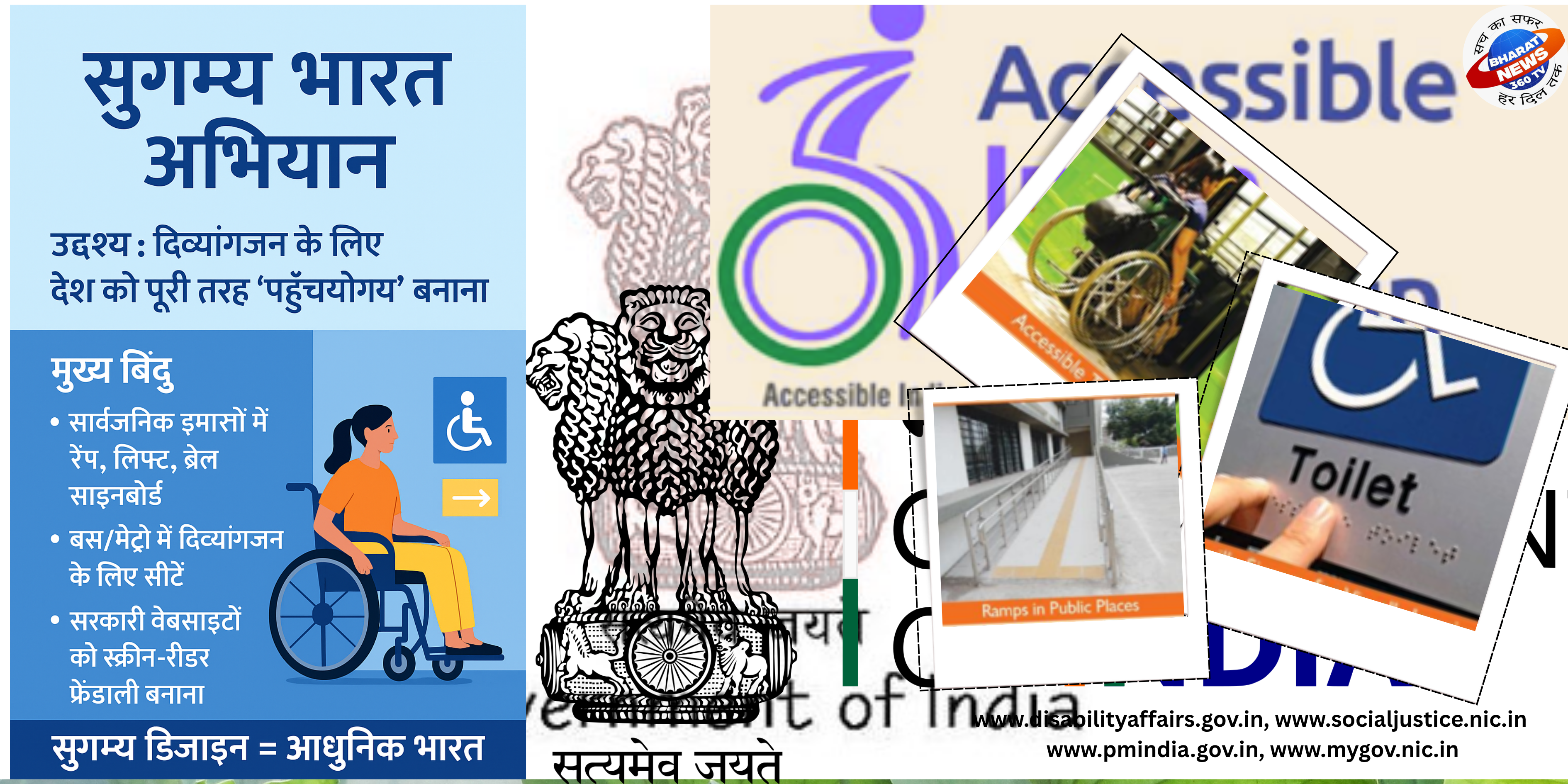
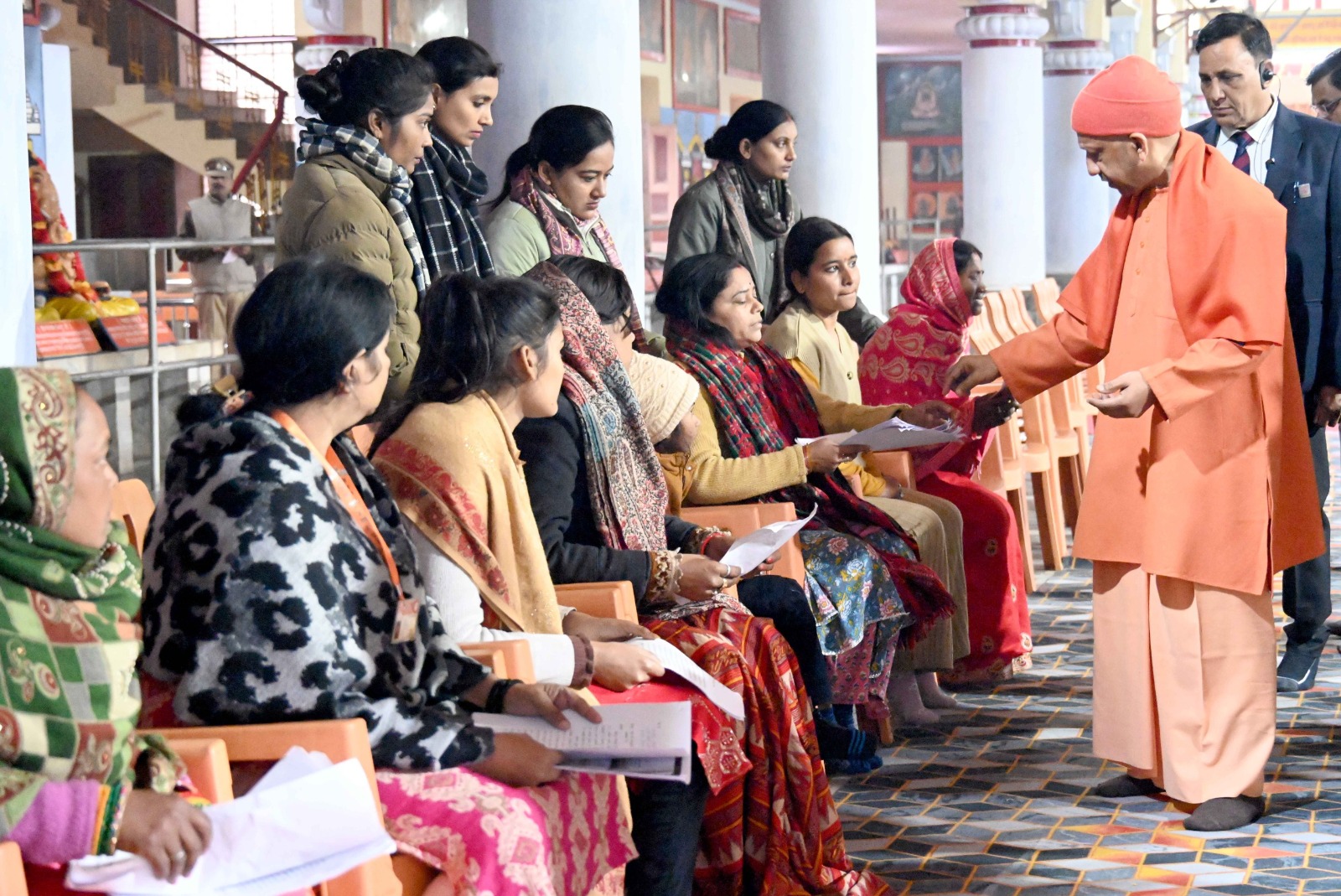
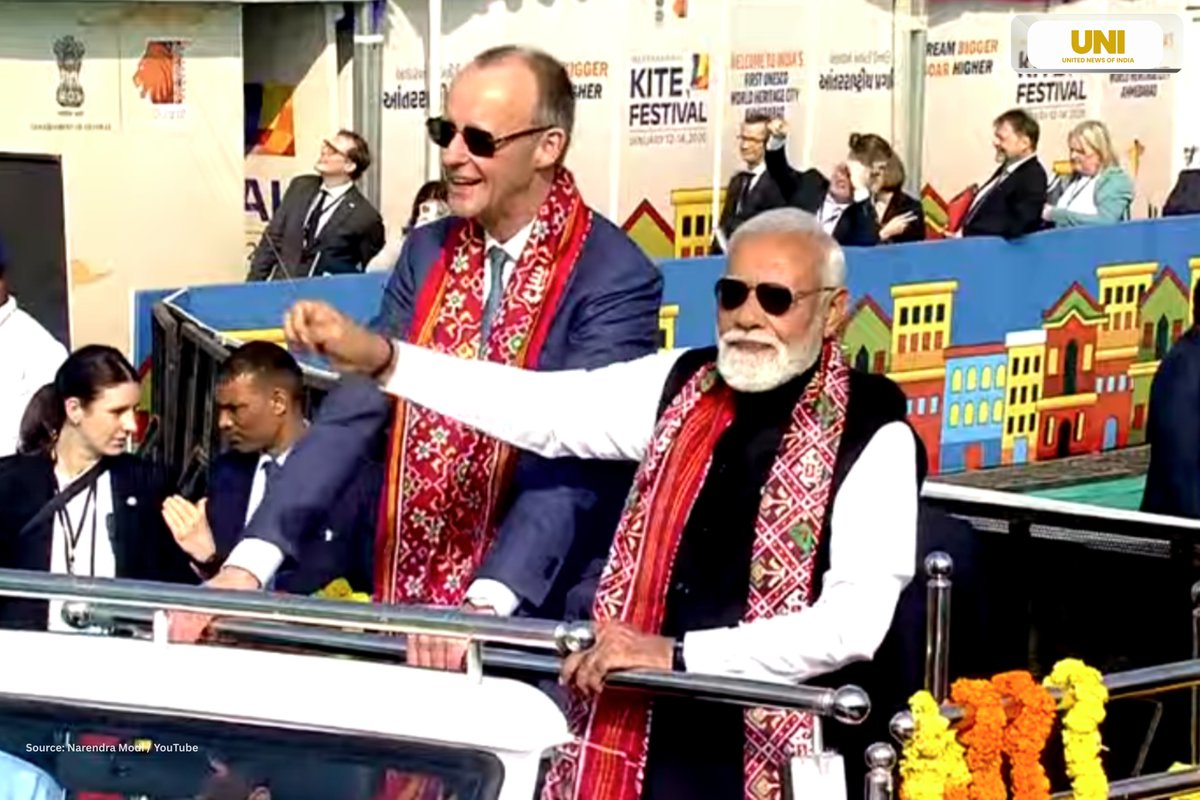
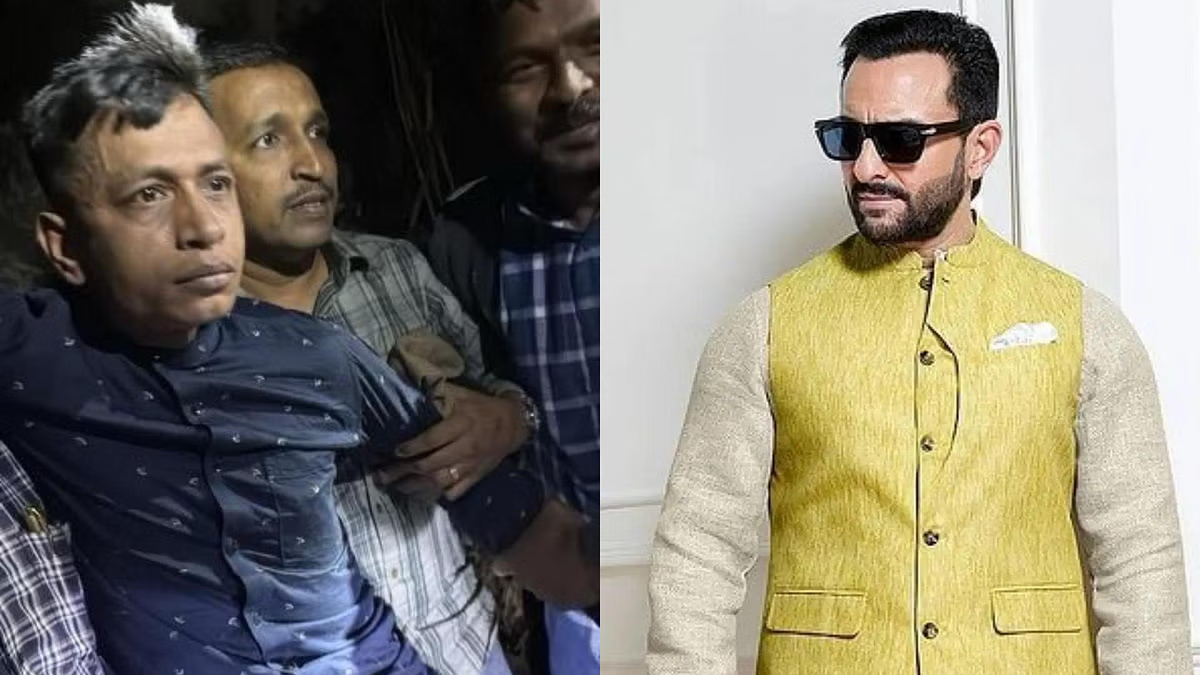
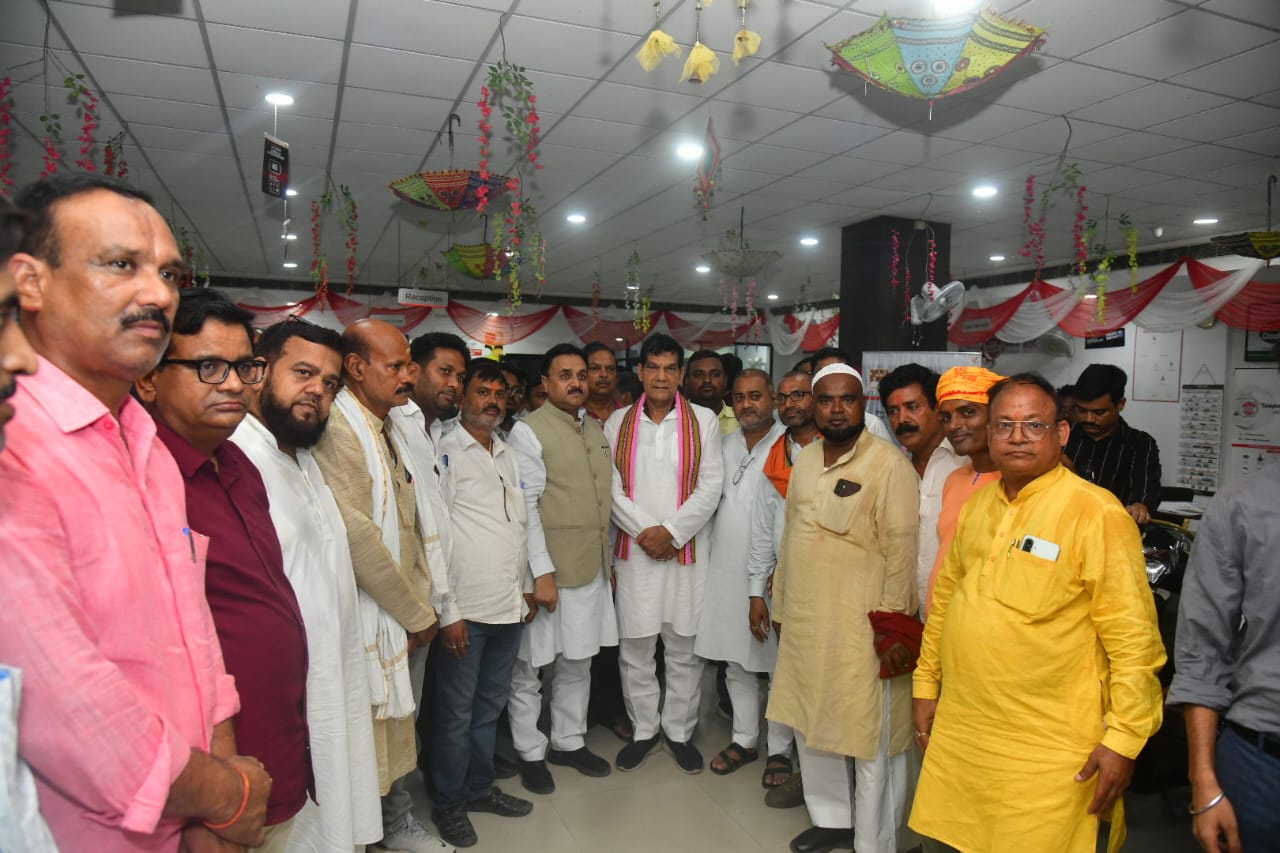
COMMENTS